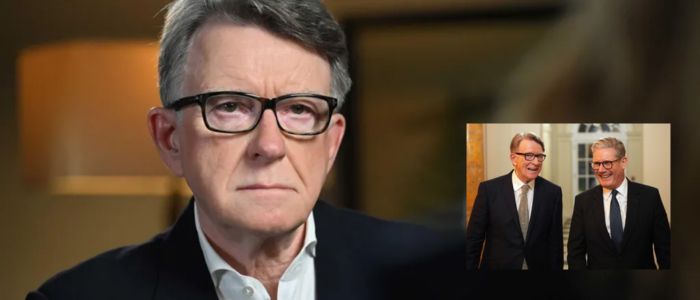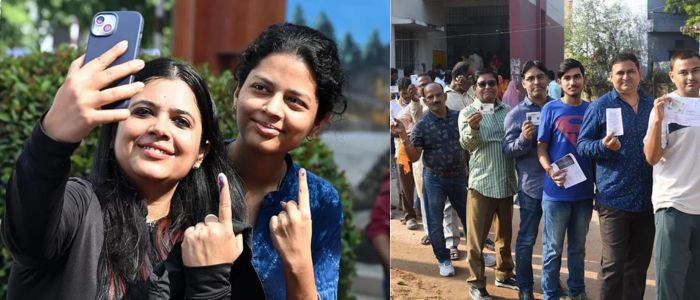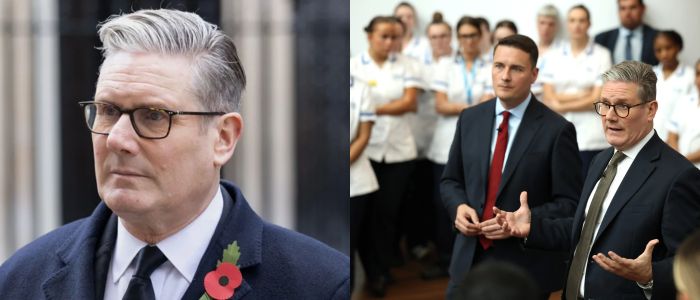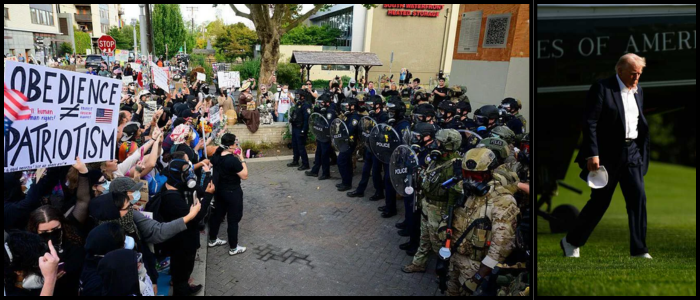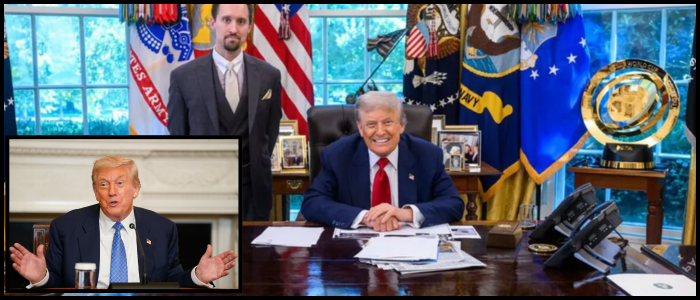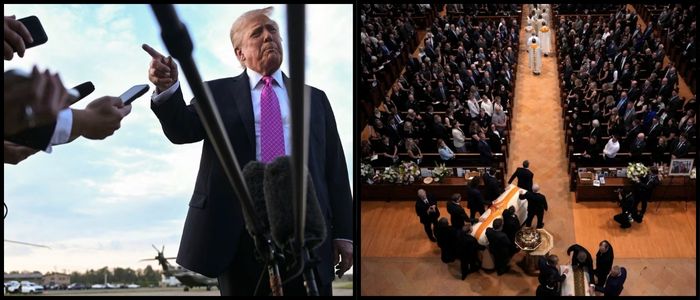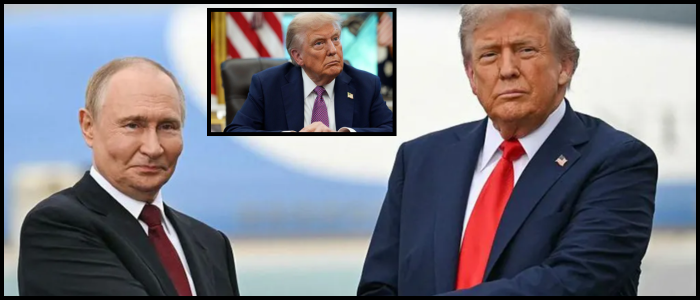Gabbard cited a President's Daily Brief as evidence that Russia did not attempt to influence the election's outcome. But the document, while noting Russia had not altered votes or directly attacked election infrastructure, did not refute the broader and well-documented effort by Russia to influence the U.S. election — something the Obama administration, Republican lawmakers, and Trump-appointed officials have all acknowledged.
Notably, Senator Marco Rubio, who led the Senate Intelligence Committee's 2020 bipartisan report, declared in 2018 that the intelligence community's assessment of Russian interference was "100% accurate." That report confirmed Russia's aim to help Trump and harm Hillary Clinton by hacking Democratic accounts and leaking damaging information.
Past Trump Officials Affirmed Russia's Interference
Gabbard's position also runs counter to Trump's former intelligence and national security leaders. During his confirmation in 2020, John Ratcliffe, now CIA Director, stated Russia had interfered in multiple elections and would continue attempting to do so. Ratcliffe recently praised the original intelligence assessment for its accuracy and thoroughness.
Similarly, Mike Waltz, Trump's former national security adviser and current nominee for UN ambassador, previously warned against confusing the lack of collusion with the denial of Russia's interference. In 2019, Waltz emphasised that Russia was "attacking our constitutional system" and that the threat was real and ongoing.
In contrast, Gabbard now challenges three central conclusions: that Russia interfered, that Vladimir Putin directed the campaign, and that it was intended to benefit Trump. Her memo labels the CIA's original assessment as false and frames the intelligence community's findings as politically motivated. Yet, this dismisses evidence supported not only by Democrats but also by Republican-led House and Senate committees.
An Increasing Pattern of Rewriting the Narrative
The Trump administration — particularly its most loyal inner circle — has repeatedly attempted to minimise or reinterpret Russia's 2016 actions. What began as claims of "no collusion" has shifted toward suggestions that Russia never interfered at all. Gabbard's recent assertions represent the most forceful version of this narrative to date.
But the historical record, including investigations led by Trump allies, tells a different story. The Senate Intelligence Committee's findings stated plainly: "Moscow intended to harm the Clinton Campaign, help the Trump Campaign, and undermine the U.S. democratic process." The House Intelligence Committee, while more cautious, also concluded that Russia conducted a covert influence campaign under Putin's direction.
The disconnect between Gabbard's current stance and the previous admissions from high-ranking Trump officials reveals a deeper shift in strategy — from questioning specific findings to discrediting the entire basis of Russian election interference. This evolving narrative not only contradicts earlier positions but also risks undermining public trust in the nation's democratic systems.
Politics
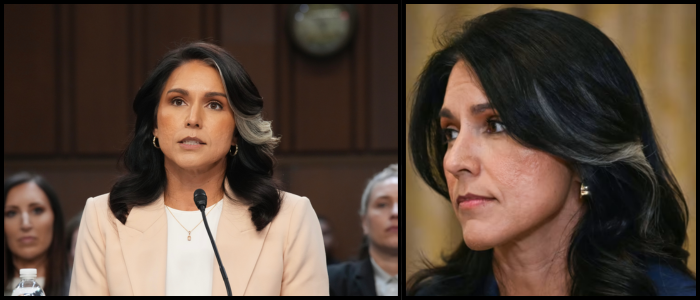
Gabbard Denies Russia Interference, Contradicting Trump Officials

Director of National Intelligence Tulsi Gabbard recently cast doubt on long-standing conclusions about Russia's interference in the 2016 U.S. election, suggesting in a memo and interviews that such interference either did not occur or was greatly exaggerated. However, her statements directly contradict conclusions previously accepted and promoted by several senior officials within Donald Trump's administration, as well as major bipartisan investigations.








